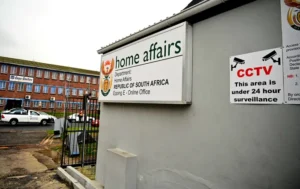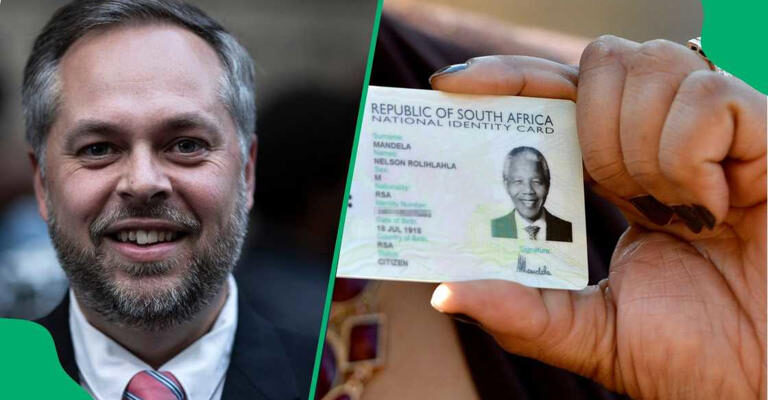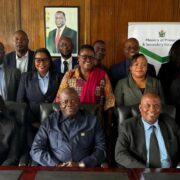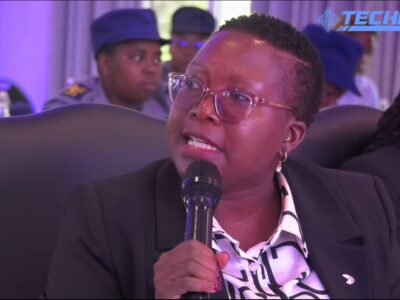By Ross Moyo
Zimbabweans not born in South Africa but legally acquired Citizenship as Naturalised citizens and permanent residents in South Africa can now apply for Smart ID cards.
This was revealed by Zimbabwean born, DA South Africa Minister of Home Affairs, Dr Leon Screiber.To accommodate the anticipated influx of applications, the Zimbabwean born Minister said Home Affairs offices will operate extended hours on select Saturdays: 17 May, 24 May, and 31 May from 08:00 to 13:00.
Minister Schreiber stated : “Now that all citizens and lawful permanent residents are eligible for the Smart ID, what remains is to geographically expand access to all… It is clear that we are making ever more rapid progress in using digital transformation to deliver Home Affairs @ home.
This will not only benefit Zimbabweans who by the way make the bulk of foreigners living and working in South Africa but rather the net will benefit any other Naturalised citizens and lawful permanent residents who will be able to apply for this Smart ID cards for the first time in person at the Home Affairs offices or via the eHomeAffairs online platform.
Hailed as a landmark breakthrough for equality and national security, Dr Leon Schreiber also announced that, for the first time in South Africa’s history, naturalised citizens and lawful permanent residents will be able to apply for Smart ID cards.
These applications can be made in person and through the eHomeAffairs online platform with the Home Affairs department saying that the change is a result of months of information technology reforms and is expected to benefit over 1.4 million Zimbabweans even though South Africa is home to almost five million Zimbabweans.
Zimbabweans who are Naturalised citizens are individuals who were not born in South Africa but have legally acquired citizenship after meeting residency and other legal requirements. They are distinct from citizens by birth, and until now, they faced administrative barriers that limited their access to certain official services, including the ability to apply for a Smart ID.
“For years, these South Africans were treated as second-class citizens by being excluded from access to the Smart ID and from eHomeAffairs, which effectively forced them to use only the green bar-coded ID book despite the government’s stated intent to eliminate this document due to fraud concerns,” said Schreiber.
Those who became South African citizens by naturalisation, as well as permanent residents, could only obtain the outdated green bar-coded ID book and were locked out of the more secure Smart ID Card system but now that has changed.In rare cases, a Smart ID could be issued, but only through a slow manual process with direct ministerial approval.
 South Africa’s Department’s recent digital transformation initiative has now removed these barriers. “This breakthrough for our digital transformation reforms directly delivers dignity to over 1.4 million people including hundreds of thousands of South African citizens, who had their dignity infringed for years by being treated unequally,” Schreiber said.
South Africa’s Department’s recent digital transformation initiative has now removed these barriers. “This breakthrough for our digital transformation reforms directly delivers dignity to over 1.4 million people including hundreds of thousands of South African citizens, who had their dignity infringed for years by being treated unequally,” Schreiber said.
The DA Minister added that the reform also strengthens national security. “Naturalised citizens and permanent residents were the last remaining groups of people eligible for South African ID documents, who were excluded from obtaining Smart IDs. Thanks to our redress of this long-standing injustice, every eligible person in South Africa is now able to obtain a Smart ID for the first time,” said Schreiber.














Comments